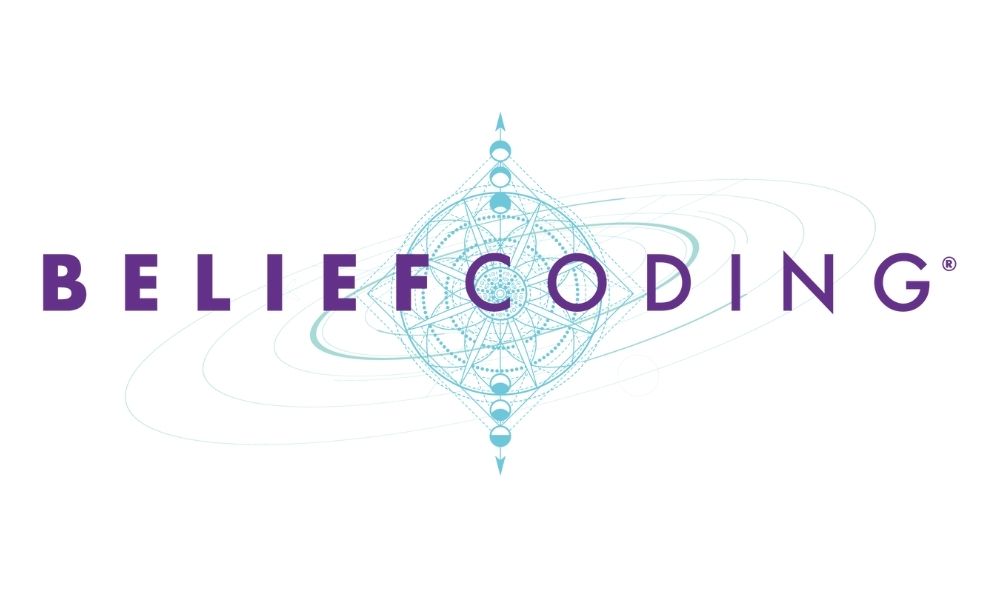Belief coding is a concept that has gained significant attention in recent years, particularly in the field of psychology and cognitive science. It refers to the process by which individuals encode and store their beliefs, values, and attitudes in their minds. These encoded beliefs then shape their thoughts, behaviors, and decision-making processes.
Contents
The Role of Beliefs in Human Behavior
Beliefs play a crucial role in shaping human behavior. They act as filters through which individuals interpret and make sense of the world around them. Our beliefs influence our perceptions, attitudes, and actions, often without us even realizing it.
For example, let’s consider a person who strongly believes in the importance of environmental conservation. This belief will likely influence their daily choices, such as recycling, reducing waste, and supporting eco-friendly initiatives. On the other hand, someone who holds the belief that climate change is a hoax may be less likely to engage in environmentally friendly behaviors.
Beliefs can be formed through various sources, including personal experiences, cultural and societal influences, education, and media. They can be conscious or unconscious, explicit or implicit. Regardless of their origin or nature, beliefs have a profound impact on our thoughts, emotions, and actions.
Read:What Does Happy Harvest Mean?The Encoding Process
The process of belief coding involves the encoding of beliefs into our cognitive systems. This encoding occurs through a combination of cognitive processes, including perception, attention, memory, and reasoning.
When we encounter new information or experiences, our brains automatically evaluate them based on our existing beliefs. If the new information aligns with our beliefs, it is more likely to be encoded and stored in our memory. On the other hand, if the information contradicts our beliefs, it may be rejected or ignored.
For example, imagine a person who strongly believes in the benefits of a vegetarian diet. They come across a study that suggests a link between meat consumption and certain health benefits. In this case, their existing belief in vegetarianism may lead them to pay more attention to and remember the information that supports their belief, while disregarding or forgetting the information that challenges it.
Belief Coding and Cognitive Biases
Belief coding is closely related to cognitive biases, which are systematic errors in thinking that can distort our judgments and decision-making processes. These biases often arise from the way our beliefs are encoded and stored in our minds.
Read:What do you call someone who cant turn pancakes?One well-known cognitive bias is confirmation bias, which refers to our tendency to seek out and interpret information in a way that confirms our existing beliefs. This bias can lead to a narrow and one-sided view of the world, as we selectively attend to information that supports our beliefs while ignoring or dismissing contradictory evidence.
Another cognitive bias related to belief coding is the availability heuristic. This bias occurs when we rely on easily accessible information to make judgments or decisions, rather than considering the full range of relevant information. For example, if we have a belief that crime rates are increasing, we may be more likely to recall vivid news stories or personal anecdotes that support this belief, even if statistical data suggests otherwise.
Case Study: The Impact of Belief Coding on Political Polarization
One area where belief coding has significant implications is in the realm of politics. Political beliefs are deeply ingrained and often shape individuals’ identities and worldviews. The process of belief coding can contribute to political polarization, where individuals become increasingly divided along ideological lines.
A study conducted by researchers at Stanford University examined the role of belief coding in political polarization. The researchers found that individuals with strong political beliefs were more likely to selectively attend to and remember information that aligned with their beliefs, while disregarding or forgetting contradictory information. This selective encoding of beliefs reinforced individuals’ existing political views and contributed to the widening ideological divide.
Read:What are modified values in gacha club?Furthermore, the study found that belief coding was influenced by social factors, such as exposure to like-minded individuals and media sources. Individuals who were surrounded by others who shared their political beliefs were more likely to engage in belief coding, reinforcing their existing beliefs and contributing to the polarization of society.
Key Takeaways
- Belief coding refers to the process by which individuals encode and store their beliefs, values, and attitudes in their minds.
- Beliefs play a crucial role in shaping human behavior, influencing our thoughts, emotions, and actions.
- The encoding process involves cognitive processes such as perception, attention, memory, and reasoning.
- Belief coding is closely related to cognitive biases, such as confirmation bias and the availability heuristic.
- Belief coding can contribute to political polarization, as individuals selectively attend to and remember information that aligns with their political beliefs.
In conclusion, belief coding is a fundamental aspect of human cognition that influences our thoughts, behaviors, and decision-making processes. Understanding the process of belief coding and its implications can help us become more aware of our own biases and make more informed and rational decisions. By recognizing the role of belief coding in shaping our perceptions and actions, we can strive for a more open-minded and inclusive society.









